The water taster
09.04.2021 – Interview: THEODORA PETER
For connoisseurs like Werner Koch, water is more than just a thirst quencher. The 57-year-old gerontologist is one of Switzerland’s first-ever “water sommeliers”.
Werner Koch, what does water taste of?
The mains water we drink at home from a tap is essentially odourless. However, untreated mineral water bottled at source will have a minerally character. Sodium, magnesium and calcium have their own distinctive taste. Hydrogen carbonate, for example, leaves a slightly furry taste in the mouth. It also aids digestion. The type of rock strata from which the water originated plays a key role. Calcareous water from the Jura smells a bit like plaster. Mineral water sourced from granite springs contains fewer dissolved minerals and always tastes to me like I have just licked a rock.
You can drink the tap water in Switzerland, so why buy mineral water in the first place?
You shouldn’t play tap water off against mineral water, or vice versa. Both have their place. We have an enormous variety of water resources in Switzerland, and we should be proud that Swiss tap water is perfectly fine to drink. This is a privilege when you look at other countries. Mineral water offers something different to normal tap water. If you choose the right type, it can be the perfect accompaniment to round off a heavy red wine.
Does still water taste better than sparkling water?
All that carbon dioxide bubbles do is amplify the character of the water. Whether you prefer water with or without bubbles is a question of taste. Many people prefer only lightly sparkling water. A chemical reaction in your mouth turns the CO2 into carbonic acid, so more bubbles mean more acidity.
Do you recommend drinking water cold or at room temperature?
Again, it depends on what you prefer. It is fine to serve still mineral water a few degrees warmer with food. Sparkling water is very refreshing – by all means drink it cold. The water should also be cold if it comes from your kitchen tap – not many like it lukewarm.
How much water should a person drink every day?
The recommended amount is at least 1.5 litres of water or 30 millilitres of water per kilogram of body weight. People are less inclined to drink water, the older they get.
At our centre for the elderly, we try to get the residents to drink more by seasoning our water with herbs, fruits and vegetables.
Werner Koch
It is worth experimenting with things like celery sticks, which we leave to infuse in the water. Basil and strawberry are a particularly refreshing combination. Our residents enjoy these new flavours – and drink more as a result.
Water is a precious commodity. Has your attitude to it changed?
I am more conscious of the need to save water and I never leave the tap on unnecessarily. We should do everything we can to ensure that water remains accessible to future generations everywhere – always fresh as nature intended. Water is life, after all.
Gerontologist Werner Koch is head of the Stampfenbach retirement home in Zurich. He studied to become a “water sommelier” at Gastrosuisse for his own personal fulfilment. Apart from being an accomplished mineral water taster, Koch is fascinated by the different facets and origins of drinking water.
Tainted waters
Switzerland has huge water reserves. Every household in the country can access clean drinking water at all times. Or can they? Not all is as it seems.
Read more
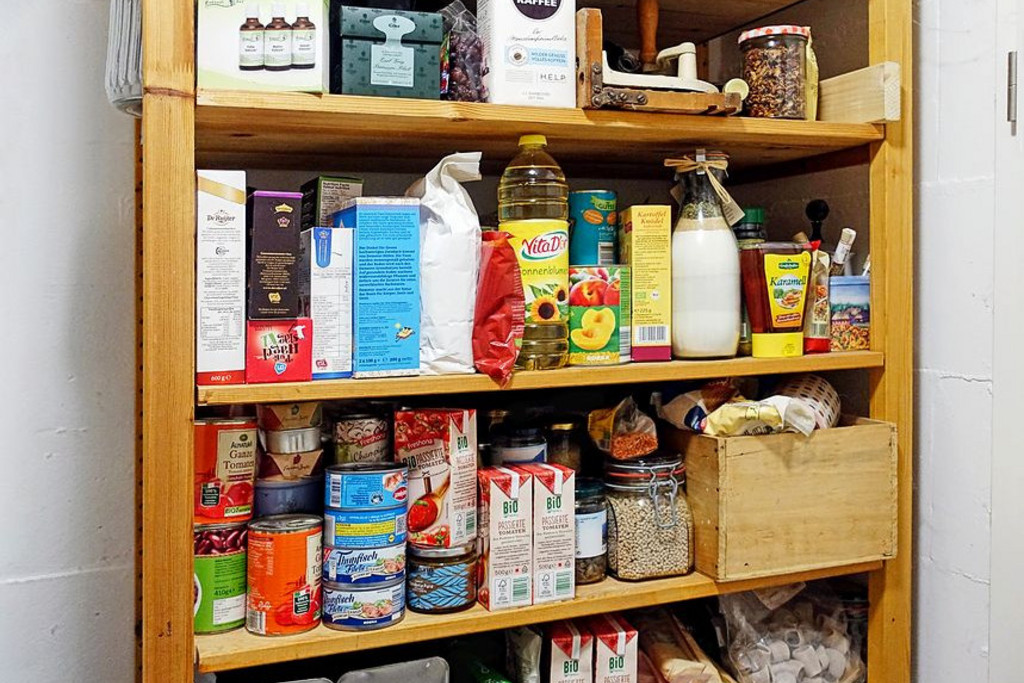
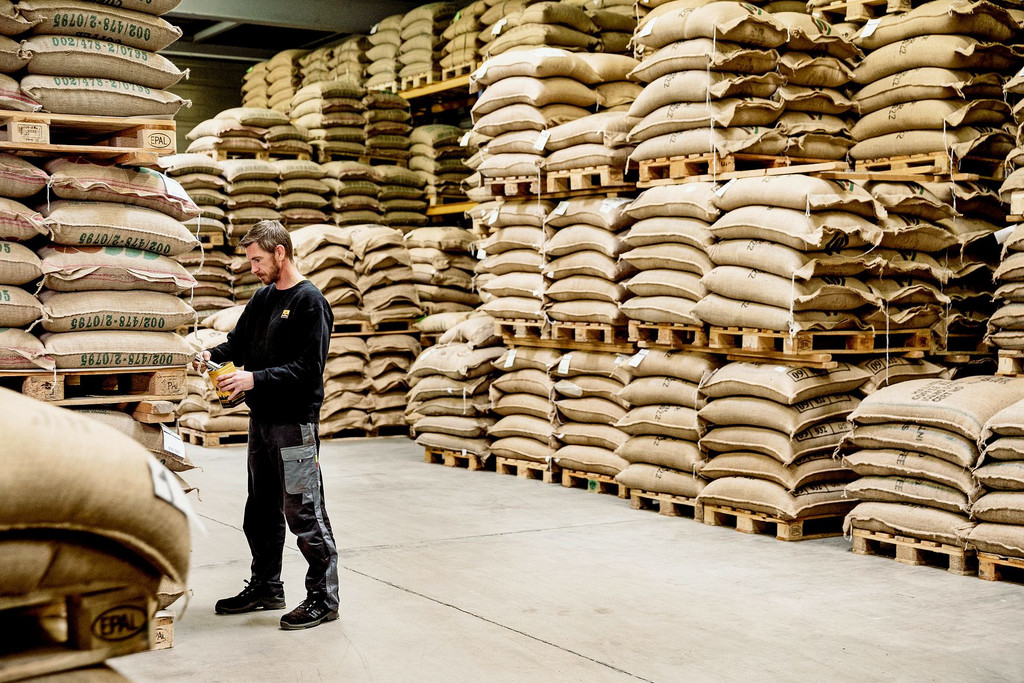

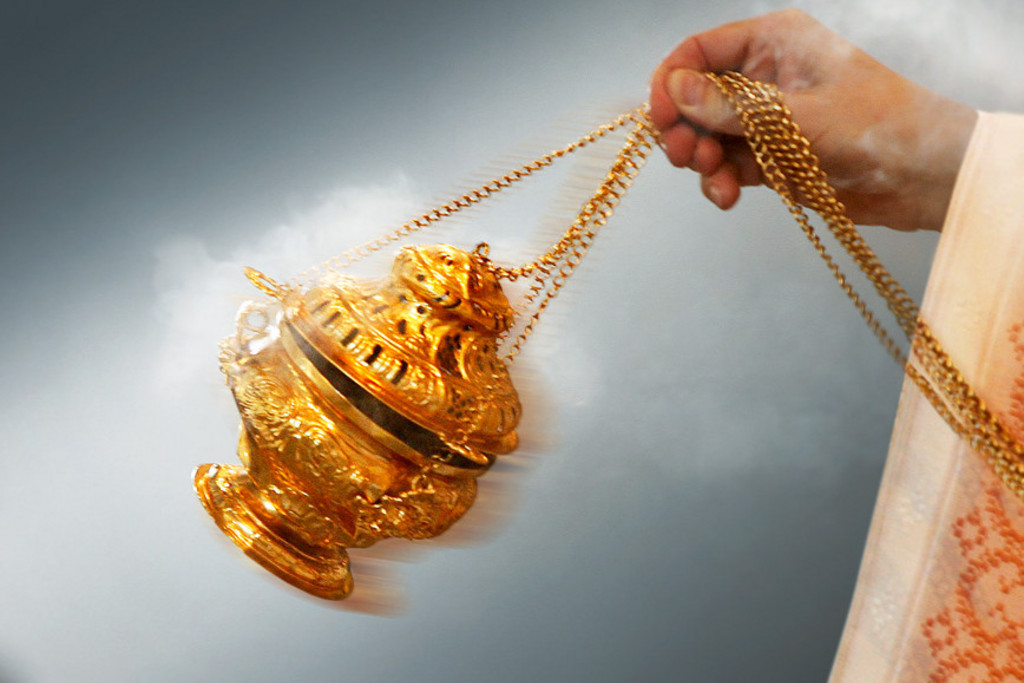

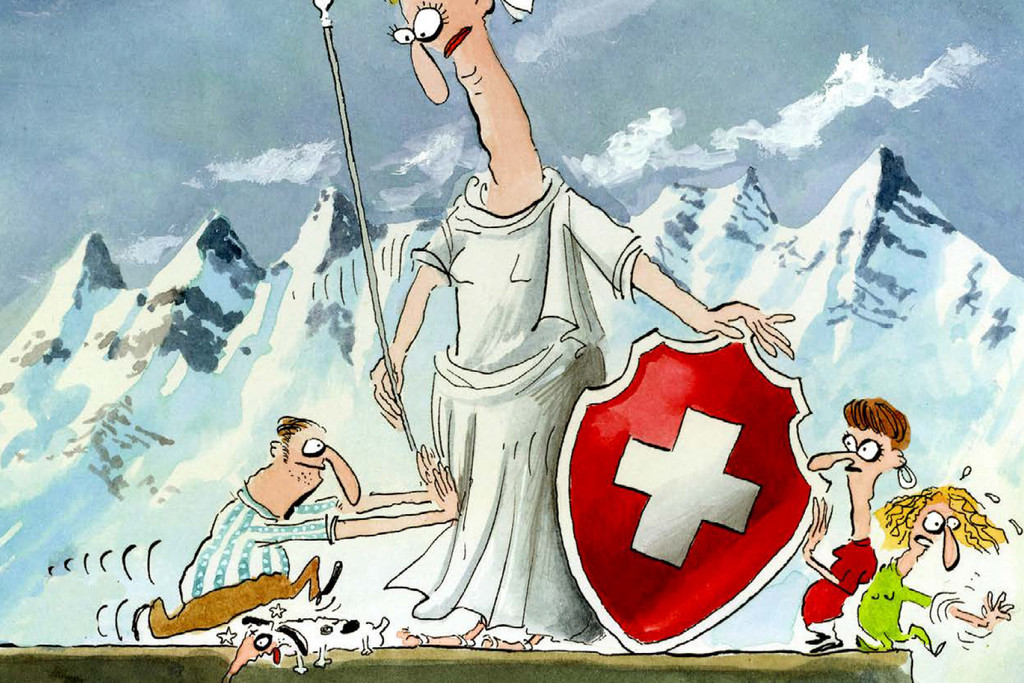
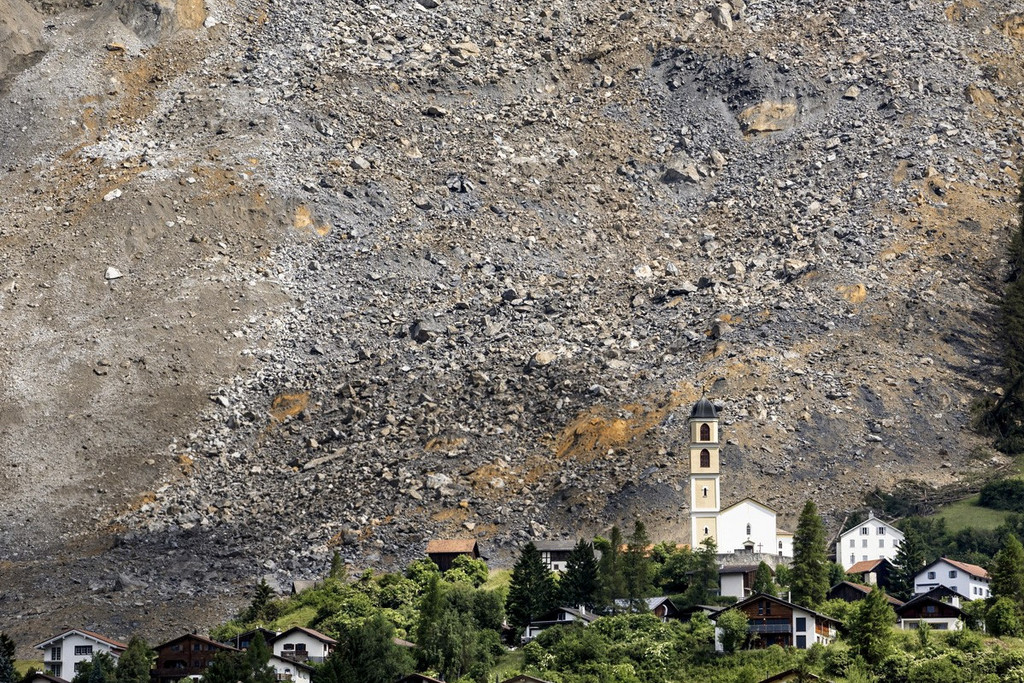







Comments
Comments :
Is there any natural product that could replace the poisonous pesticides? I am told Seaweed is a form of natural pesticide - the Sargasso Sea has plenty of it! Is it feasible, for the sake of the health of the Swiss people, to produce a natural "pesticide" from Seaweed, I wonder?